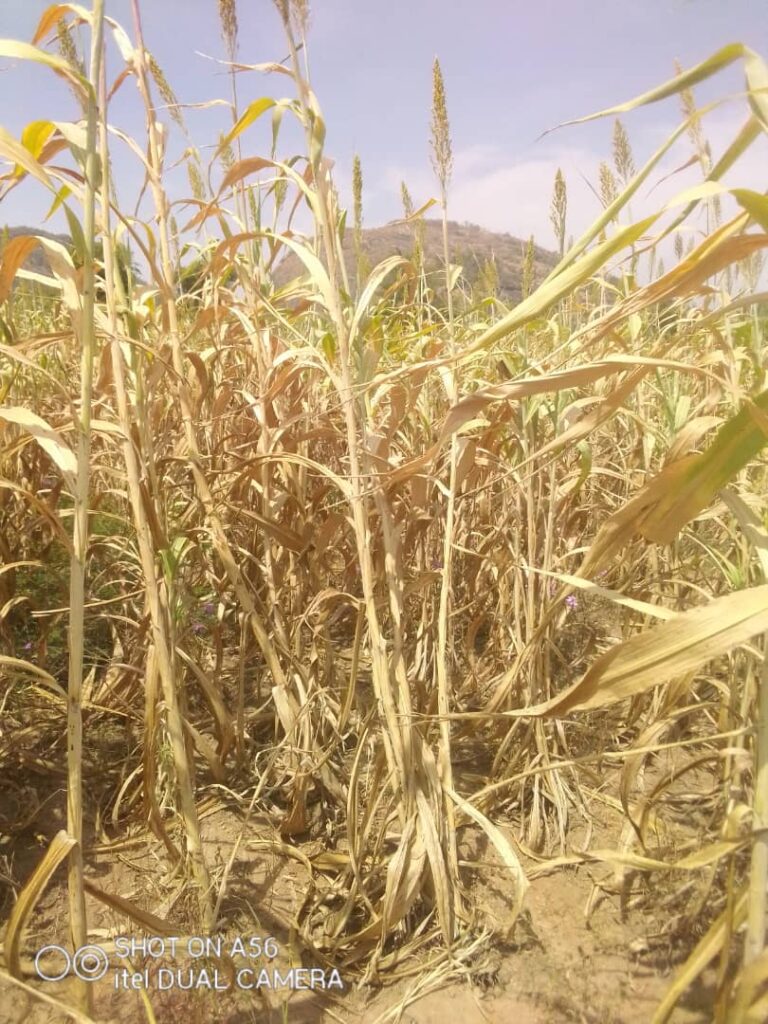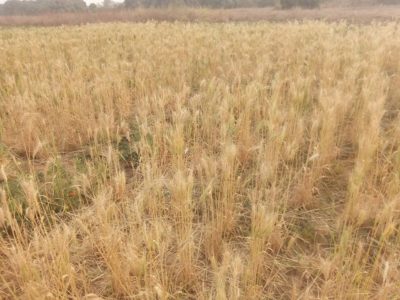Farmers in several communities in Bauchi State have lamented poor harvests in the 2023 season, attributing the development to the abrupt rainfall stoppage.
The farmers, mostly small-scale households from Bauchi, Dass, Tafawa-Balewa and Bogoro local governments told WikkiTimes that their farms produce especially rice, maize and sorghum dried up before time.
Likita Iliya Zakmi, a resident of Bogoro explained that in his community, farms especially the rice and sorghum dried up due to inadequate and early stoppage of rainfall, “Many farms in my area couldn’t give a good yield this year and the situation worsened especially to the rice and sorghum farmers”, he groaned.

Corroborating, Sirajo Musa, a local farmer in Dass, recalled that in previous years, he used to harvest over 30 bags of rice on his farm but got only nine bags this season from the same piece of land.
The 43-year-old man noted that the decrease in farm yields exacerbates every year.
Danger Looms as Bauchi Farmers Consider ‘Drastic Action’ Against Encroaching Herders
Abdullahi Shehu, a resident of Bayara, a suburb of Bauchi town and Rebecca John of Tafawa Balewa both have similar experiences to share concerning their harvest, “The harvest is very poor.”

The duo stressed that the rain stopped too early for the crops to produce the required output, hence, threatening the food security.
WikkiTimes gathered that 2023 rainfall stops around the first week of October in most areas of Bauchi state leading to several challenges, especially for the farmers.
Dr. Piman Hoffman a Director of African Climate Reporters opined that “Climate change poses numerous threats to farming activities and to industrialized animal farming operations”.
According to him, climate change can disrupt food availability, reduce access to food and affect food quality.
For instance, he said, the climate change projected increase in temperatures, change in precipitation patterns, changes in extreme weather events and reduction in water availability may all result in reduced agricultural production.
Dr Hoffman called on governments at all levels to double efforts towards sensitising rural farmers about climate changes and how to adopt the new system of farming.




